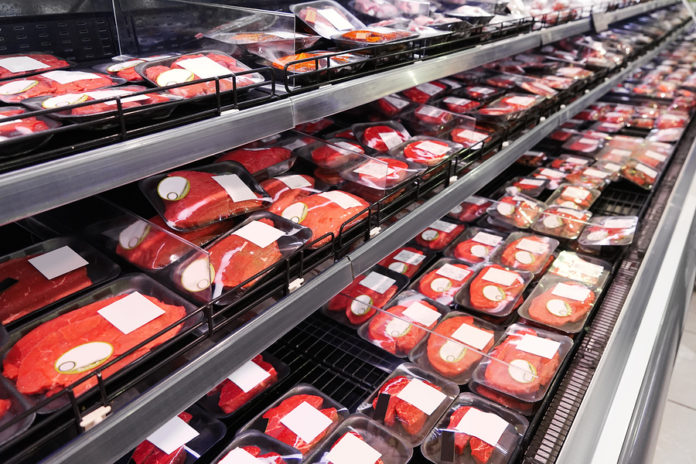
Food industry groups are upping their efforts to urge government agencies to legally define common terms. A recent development in the definition wars puts the word “meat” under the microscope. The question of “what is meat?” or rather, “what isn’t meat?” was recently presented to the US Department of Agriculture by the US Cattlemen’s Association (USCA).
Products like veggie burgers and Tofurkey have found comfortable places on grocery stores over the past few years, but these meat alternatives aren’t the ones the USCA has a beef with. Tech-forward food industry startups are shaking up the meat industry, pioneering new ways of producing meat without slaughtering animals. USCA argues that these “clean meat” companies should not be allowed to use a word they claim belongs exclusively to products sourced from animals that were born, raised, and harvested in the traditional manner.
For their part, clean meat producers argue that being prohibited from using the word “meat” on their packaging violates their basic rights. Jessica Almy, policy director at the Good Food Institute says, “These producers have a First Amendment right to label their products clearly and in a way that consumers can understand.”
This is far from the first time government agencies have been called upon to legally define common terms.
“Milk”
There’s an ongoing debate over whether plant-based and other milk alternatives can have the word milk on their packaging. Last year, the dairy industry introduced a bill to Congress making it illegal for almond, rice, soy, cashew, and other milk alternatives to be called milk. The companies that produce those milk alternatives also argue that they have a First Amendment right to use language that consumers understand.
“Eggs”
Eggs don’t have their own formal definition. In fact, there’s a law against defining eggs. But Panera would like to change that. The company conducted research showing that half of the top 10 casual-fast food restaurants that sell breakfast sell eggs that are made from 5 or more ingredients. Since Panera prides themselves on using fresh cracked eggs in their breakfasts, they’d like to have the term legally defined.
“Natural”
“Natural” claims on food are quickly dissipating, mostly because it’s causing manufacturers headaches and consumers frustration. There is an FDA policy on using the term, but it’s limited to ingredients, failing to take into account production, processing, or manufacturing methods. As a result, manufacturers are typically left to their own judgment on what constitutes “natural.” The complication is that consumers have their own definitions, and nearly half of consumers check the ingredients list to see how well the company’s definition aligns with their own.







